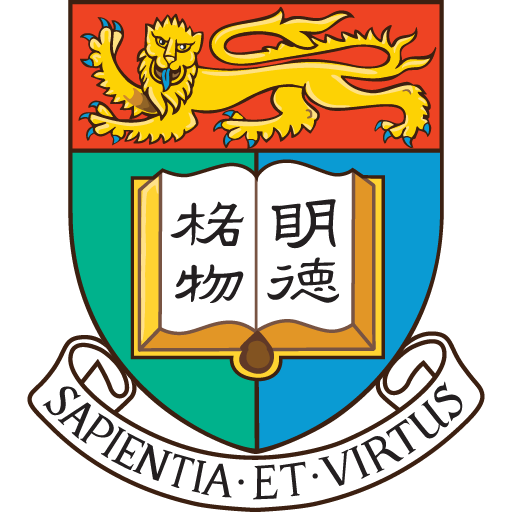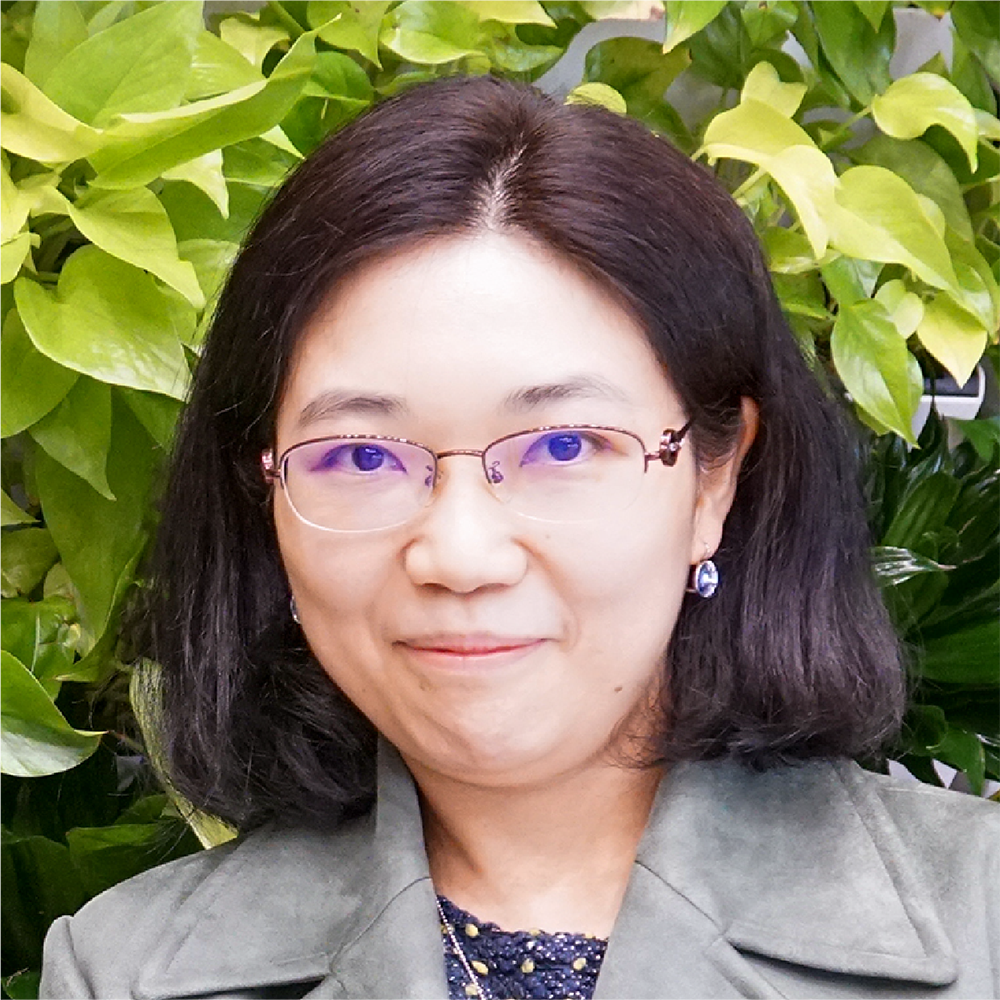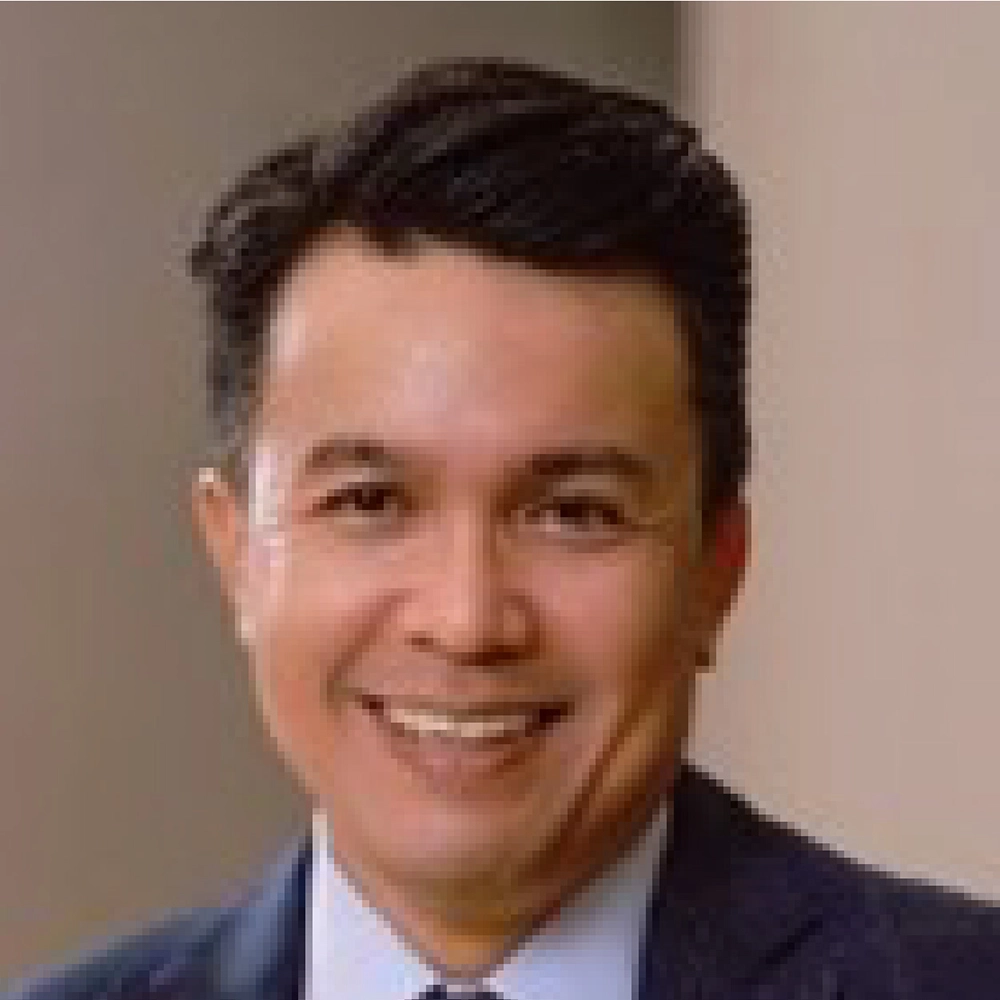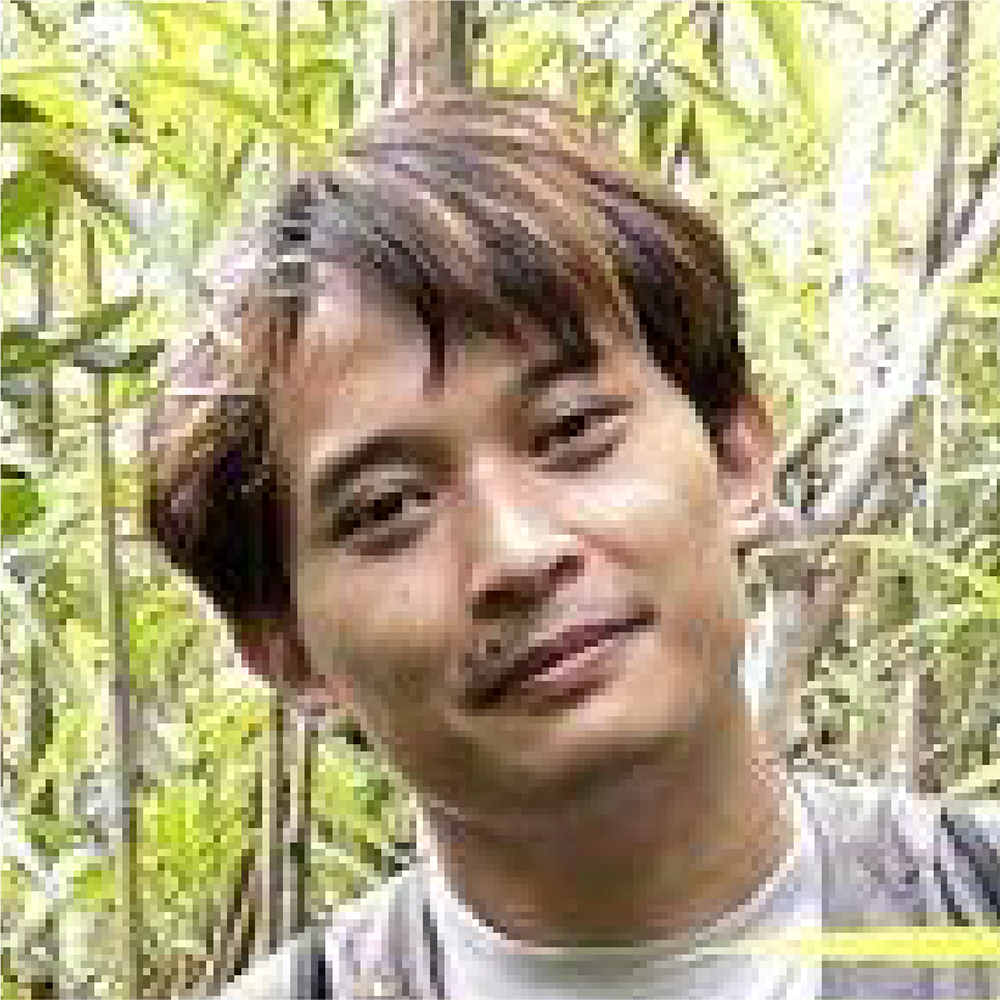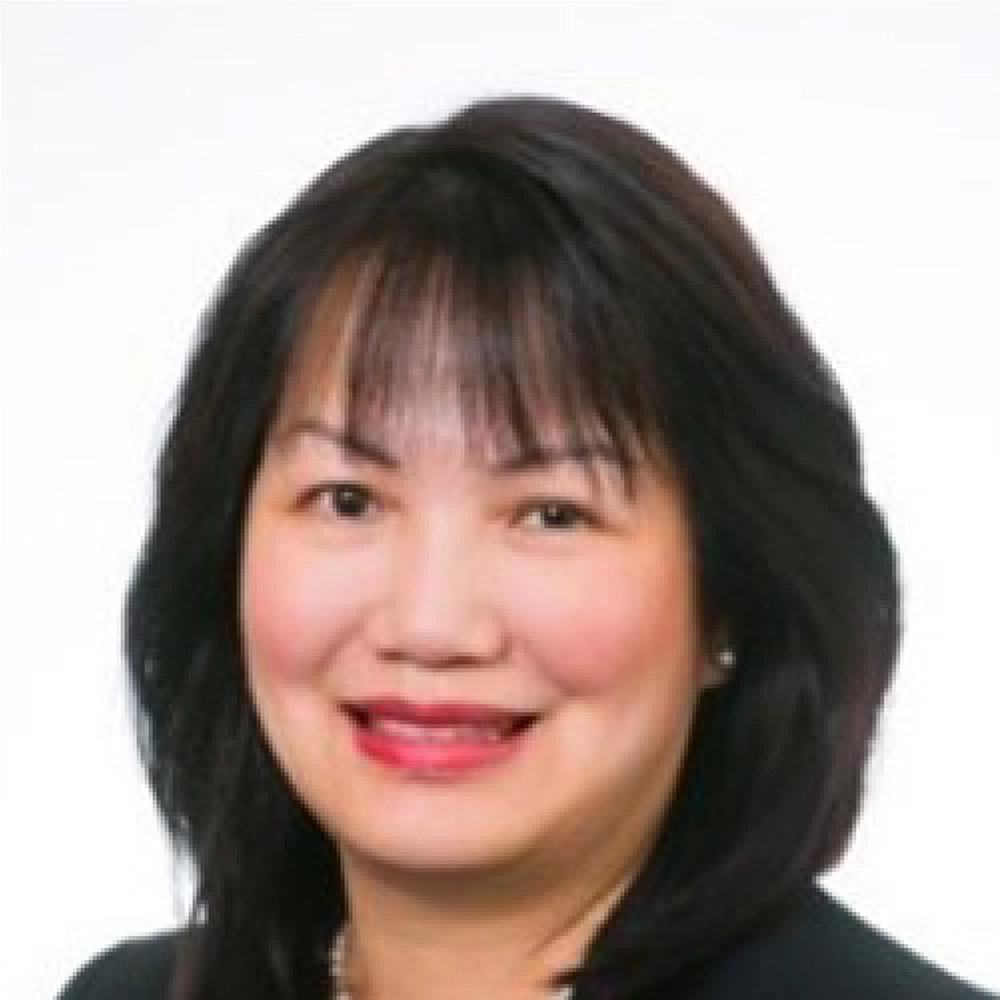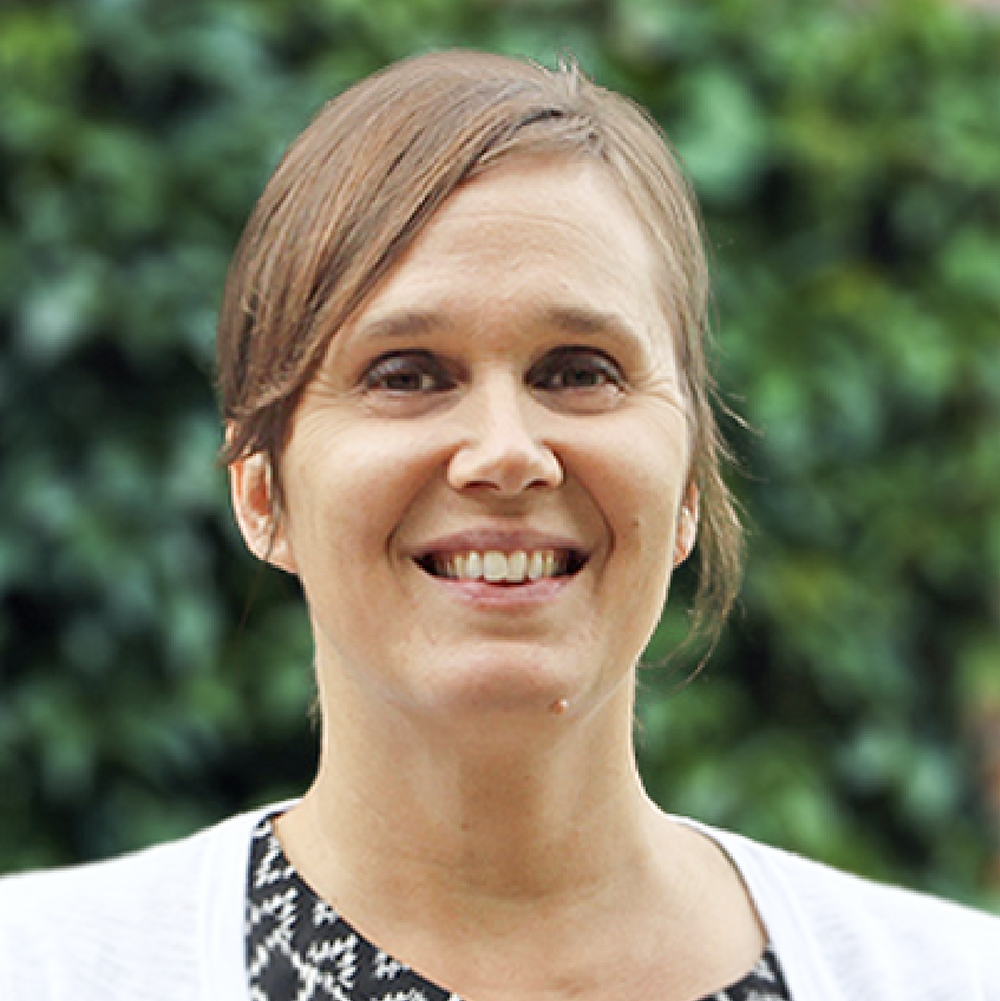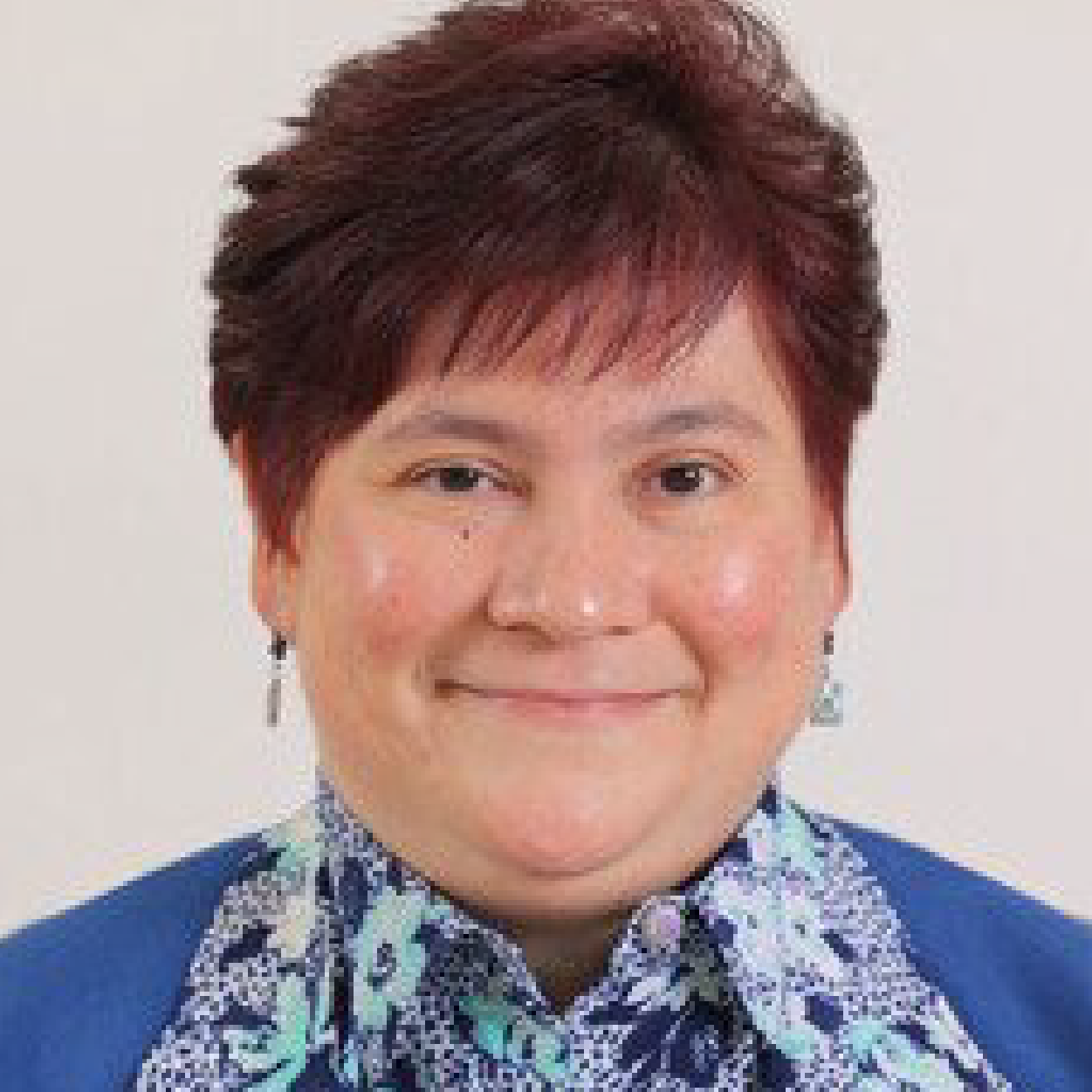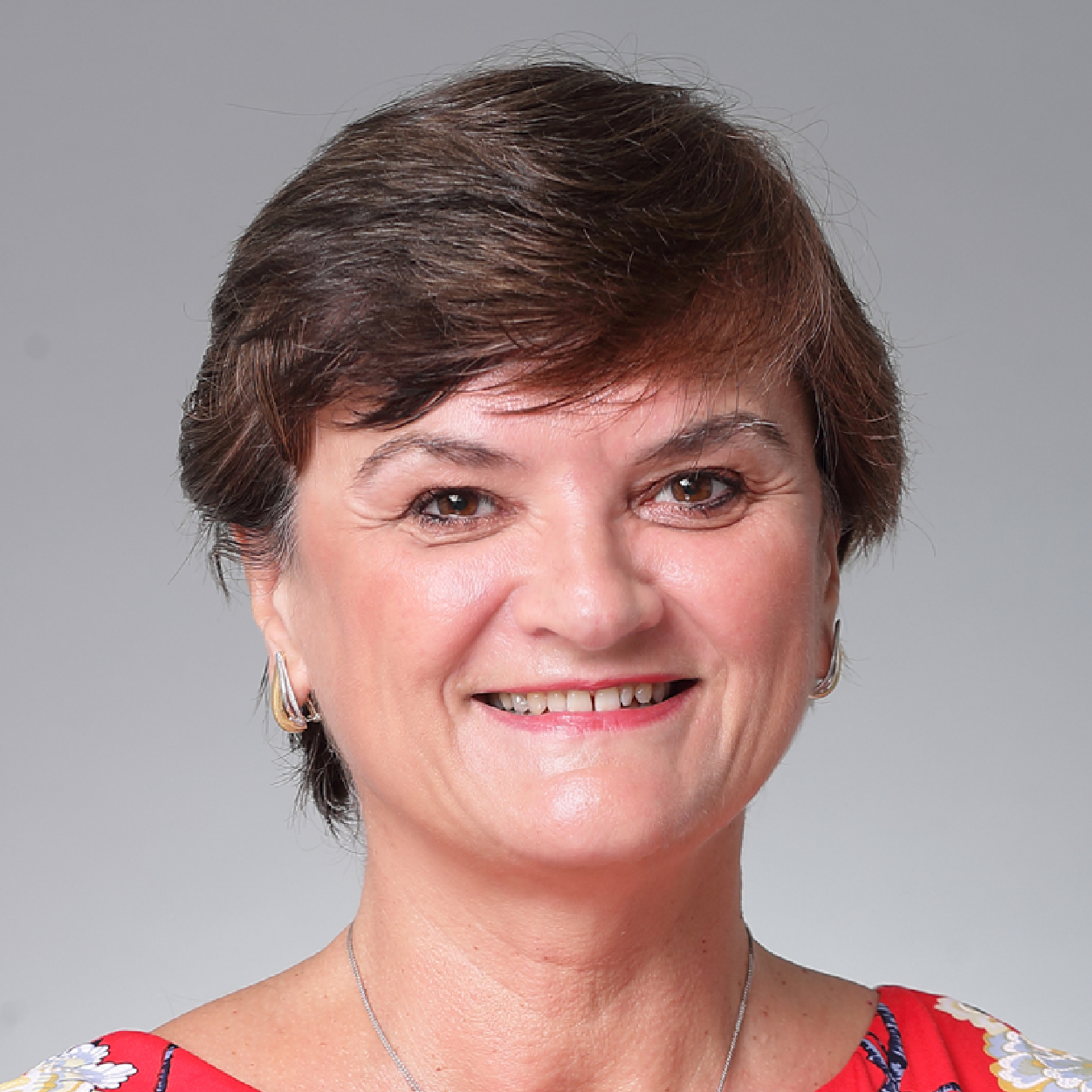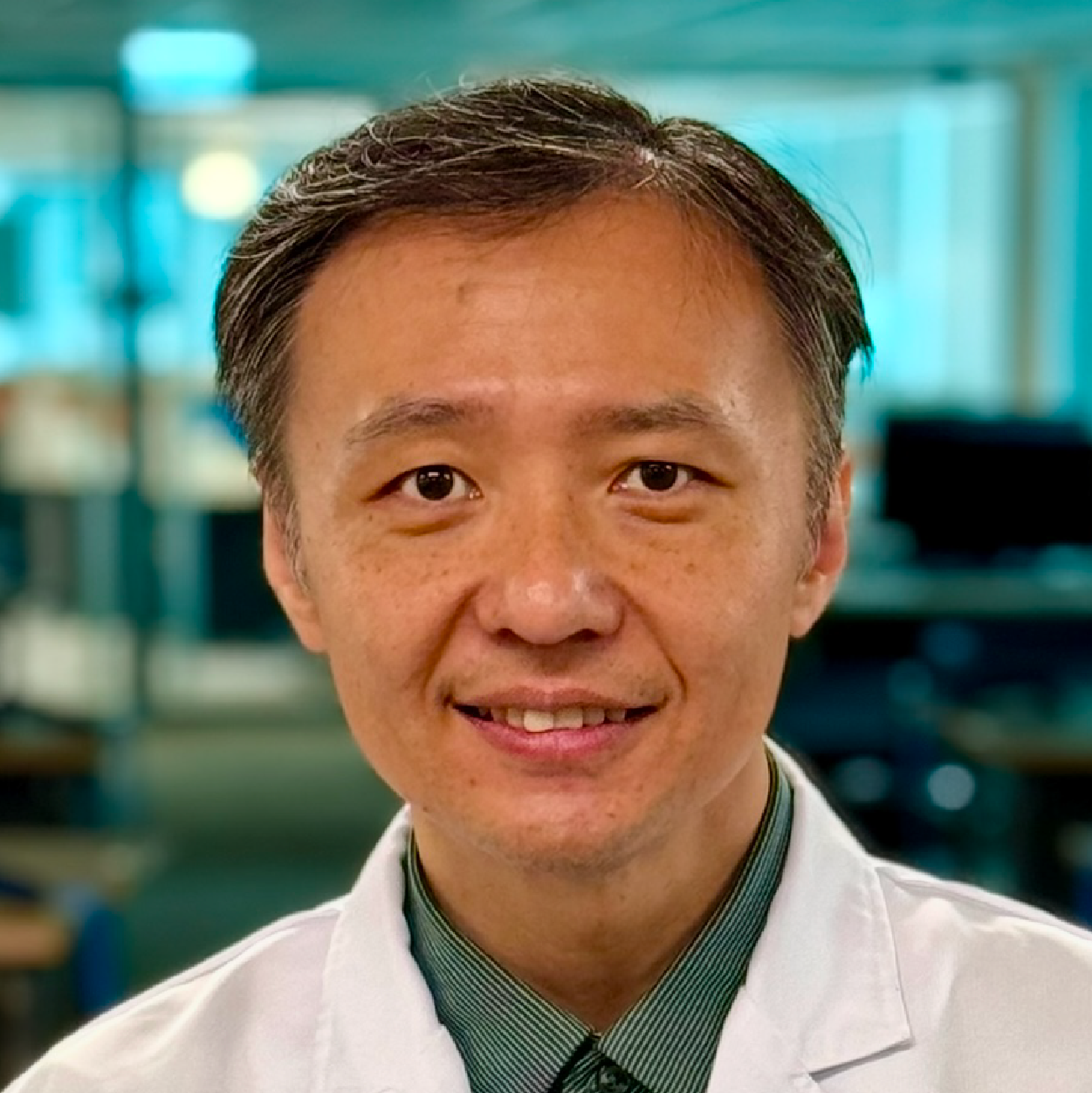The central mission of the Teaching and Learning Innovation Centre (TALIC) is to provide holistic and innovative solutions to advance the student learning experience. As the Assistant Director at TALIC, Dr. Maggie Zhao envisions herself as a dynamic catalyst for innovation in teaching and learning. Through persistently seeking inventive educational strategies and harnessing the power of data analytics, she is dedicated to nurturing the intellectual and personal thriving of HKU students.
A notable example of Dr. Zhao’s efforts to utilize data analytics for enhancing teaching and learning can be seen in her leadership and engagement in institutional surveys for over a decade, where she has directed the administration, analysis, and reporting of these surveys. The Student Learning Experience Questionnaire (SLEQ) and the Student Feedback on Teaching and Learning (SFTL), for example, gather valuable insights into students’ learning experiences, enabling teachers to make informed decisions on curriculum design and pedagogical methods as well as identify strengths and areas for improvement, leading to enriched student learning experiences.
In alignment with TALIC’s commitment to evidence-based practices, Dr. Zhao has led the team to transform the SLEQ survey into an internationally recognised instrument through dedicated research efforts, psychometric advancements, and journal publications. The accomplishments under her leadership have garnered recognition from UNESCO’s Network on Education Quality Monitoring in the Asia-Pacific, facilitating the exchange of good practices on student assessment within the region. These endeavours showcase the value of data analytics in informing the enhancement of educational practices and student learning experiences, both locally and globally. By providing teachers with the necessary tools for data-driven decisions, a culture of continuous improvement and innovation is being cultivated, ultimately enriching student flourishing.
Student flourishing has evolved beyond academics, with non-academic capabilities now holding equal significance. The SLEQ revealed the need to improve student resilience and wellbeing, especially during and after the COVID-19 pandemic. As a positive psychologist, Dr. Zhao introduced several initiatives like WeThrive, a credit-bearing programme that developed innovative pedagogies to cultivate students’ strengths, resilience, and wellbeing. Supported by the Teaching Development Grant, WeThrive has been very well received by students, contributing to the enhancement of their cognitive, emotional, and behavioural thriving. Dr. Zhao’s dedication to helping students thrive through research, teaching, and consultation has led to her election as President of the International Positive Psychology Association Education Division, further empowering her to support students in a competitive academic landscape.
The higher education landscape has been profoundly influenced by recent technological advancements like artificial intelligence (AI). Dr. Zhao believes that AI innovations have created new opportunities for personalised and enriched learning experiences shaped by data-driven insights. From the perspective of Dr. Zhao, innovative technologies like Generative AI play a unique role in transforming the higher education landscape.
Dr. Zhao highlights that teaching and learning innovation is a dynamic process that integrates creative educational strategies, data analytics advancements, and cutting-edge technologies, all aimed at enhancing student learning experiences and helping students thrive. As technology continues to evolve, she deems it essential to stay at the forefront and employ the latest tools and resources to foster an engaging and positive teaching and learning environment. With her extensive engagement in HKU’s teaching and learning developments over the past decade, Dr. Zhao looks forward to continuously working with the TALIC Director, colleagues, and stakeholders to drive meaningful change in teaching and learning at the University.


